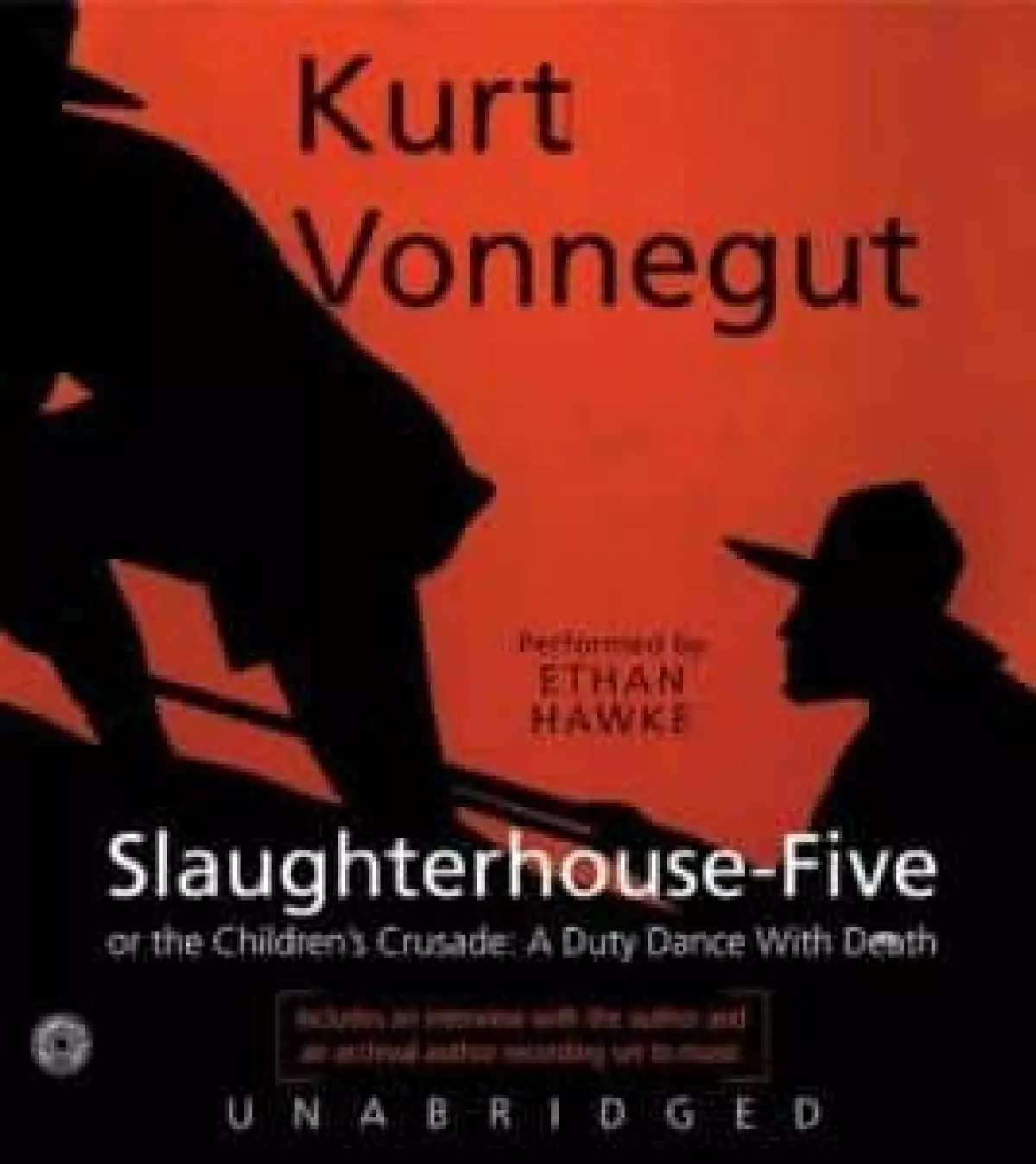Introduction
When analyzing a military novel, it is crucial to delve into the historical context in which it was written. In the case of Kurt Vonnegut's "Slaughterhouse Five," the haunting backdrop of the devastating bombing of Dresden during World War II sets the stage for a deep exploration of guilt, survival, and the quest for meaning in the face of overwhelming tragedy.
The Tragedy of Dresden
A Unique Perspective
Dresden, though never fortified or strategically significant, fell victim to one of the most destructive air attacks in history. The combined forces of the United States and the United Kingdom reduced the city to ruins, claiming the lives of up to 250,000 innocent people. The tragedy lies not only in the destruction of a city but also in the loss of countless lives that were seeking refuge there.

The Weight of Guilt
Billy Pilgrim's Struggle
Kurt Vonnegut, a witness to the Dresden bombing, grappled with an unanswerable question that haunted him: "Why me?" This frequently asked post-war question echoes in the protagonist of "Slaughterhouse Five," Billy Pilgrim. Billy, miraculously spared from the bombing, carries the heavy burden of survivor's guilt. His guilt stems from the fact that others, including his friends and loved ones, perished while he lived.
The Holocaust Parallels
A Shared Guilt
Billy Pilgrim's guilt can be likened to that felt by Holocaust survivors. In both cases, the question of "Why me?" arises, and a sense of culpability lingers. While some Holocaust survivors find solace or suppress their guilt, Billy Pilgrim is unable to do so. The weight of his survivor's guilt becomes unbearable, pushing him on a lifelong quest to alleviate it.
A New World of Escape
Tralfamador and the Tralfamadorian Philosophy
To find respite from guilt, Billy Pilgrim constructs a fantasy world called Tralfamador. In this world, time is not linear, and guilt loses its hold. The Tralfamadorians, who can navigate time seamlessly, focus only on pleasant moments and disregard the unpleasant ones. Death and guilt become insignificant in their worldview. Billy adopts this philosophy to free himself from the shackles of guilt and remorse.
 Caption: "Kurt Vonnegut's Slaughterhouse 5" - Cover Image
Caption: "Kurt Vonnegut's Slaughterhouse 5" - Cover Image
The Price of Freedom
Guilt, Loss of Conscience, and Free Will
While the Tralfamadorian worldview offers Billy liberation from guilt, it comes at a great cost. His new perspective strips him of his conscience, the very essence that sets humans apart. The sacrifice of guilt-free existence means forsaking emotions and the ability to choose one's path. Billy's life becomes devoid of purpose and passion, as he is no longer connected to his humanity.
A Call for Reflection
Vonnegut's Message
"Slaughterhouse Five" serves not only as a condemnation of the horrific Dresden bombing but also as a critique of war itself. Vonnegut's unconventional narrative style immerses readers in the Tralfamadorian perspective, challenging the traditional notions of time and human consciousness. While Billy Pilgrim may find some semblance of peace in his guilt-free existence, Vonnegut himself grapples with a broader question: "Why any of us?"
In conclusion, "Slaughterhouse Five" is a poignant exploration of guilt, survival, and the quest for meaning. Vonnegut's masterful storytelling exposes the profound impact of war on the human psyche and invites us to reflect on our own existence in the face of unimaginable tragedy.

















